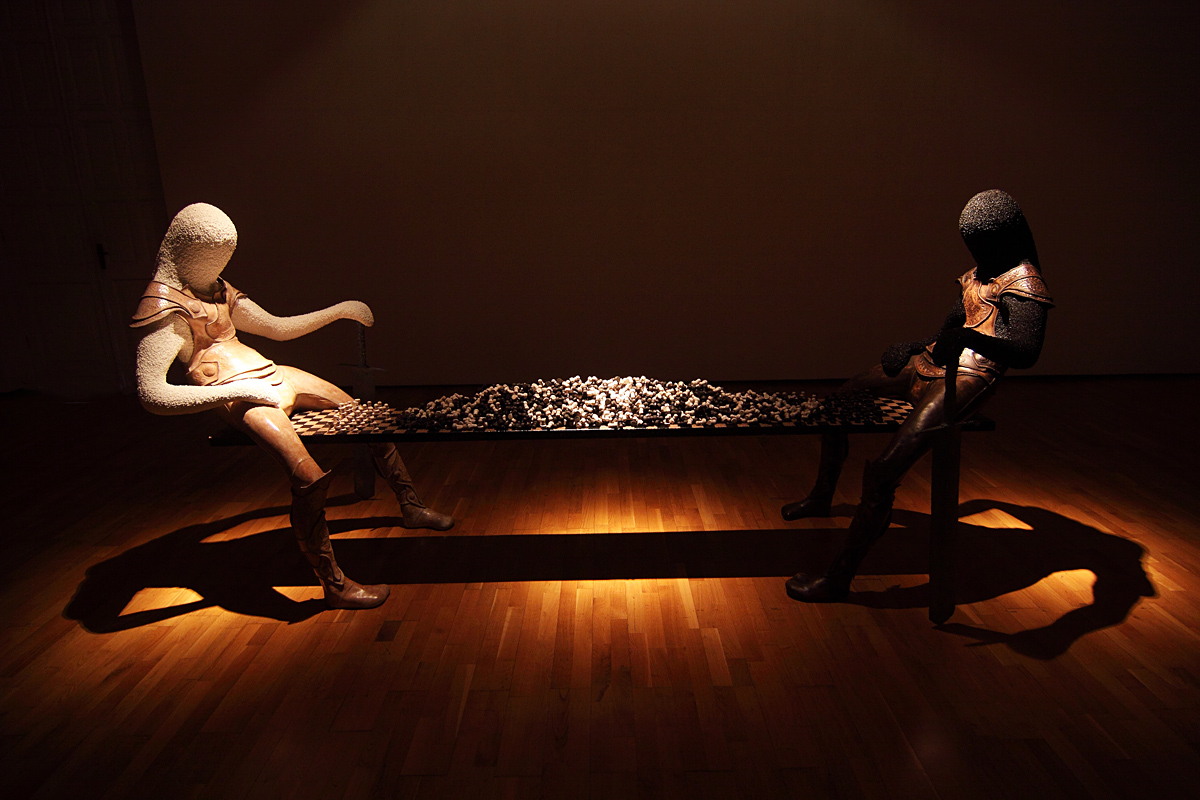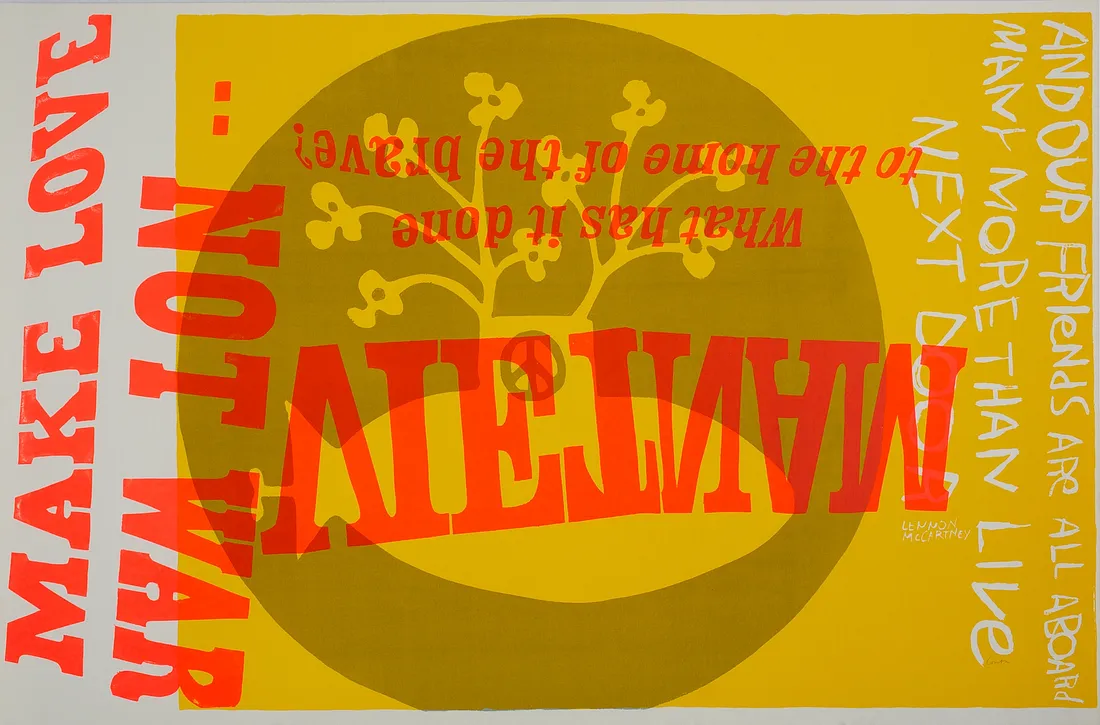
“Boredom as a factor in human behaviour has received, in my opinion, far less attention than it deserves. It has been, I believe, one of the great motive powers throughout the historical epoch, and is so at the present day more than ever. …
I should say that the machine age has enormously diminished the sum of boredom in the world. … We are less bored than our ancestors were, but we are more afraid of boredom. We have come to know, or rather to believe, that boredom is not part of the natural lot of man, but can be avoided by a sufficiently vigorous pursuit of excitement. … Every housemaid expects at least once a weak as much excitement as would have lasted a Jane Austen heroine throughout a whole novel. As we rise in the social scale the pursuit of excitement becomes more and more intense. … Those who have to earn a living get their share of boredom, of necessity, in working hours, but those who have enough money to be freed from the need of work have as their ideal a life completely freed from boredom. …
A wish to escape from boredom is natural; indeed, all races of mankind have displayed it as opportunity occurred. … Wars, pogroms and persecutions have all been part of the flight from boredom; even quarells with neighbors have been found better than nothing. …
Boredom, however, is not to be regarded as wholly evil. … A life too full of excitement is an exhausting life, in which continually stronger stimuli are needed to give the thrill that has come to be thought an essential part of pleasure. … A certain power of enduring boredom is therefore essential to a happy life.”
aus: Bertrand Russell: The Conquest of Happiness. New York: Signet 1951 [Originalausg. 1930], S.36-39.
Abb.: Oleksiy Sai: Adoration, 2013, im Internet.
10/06





